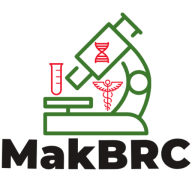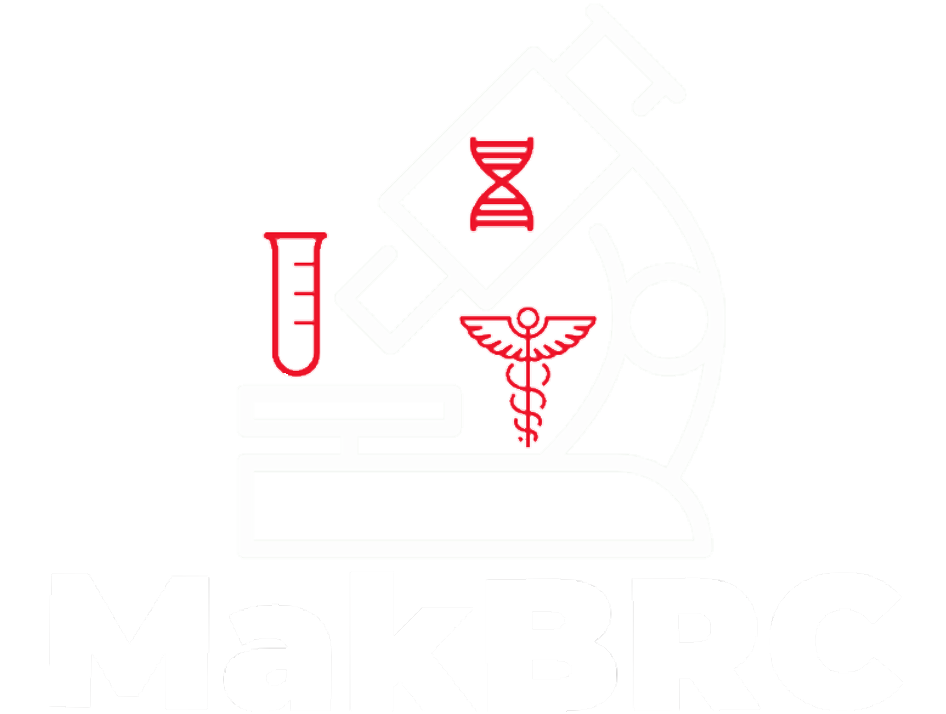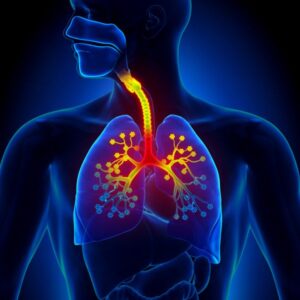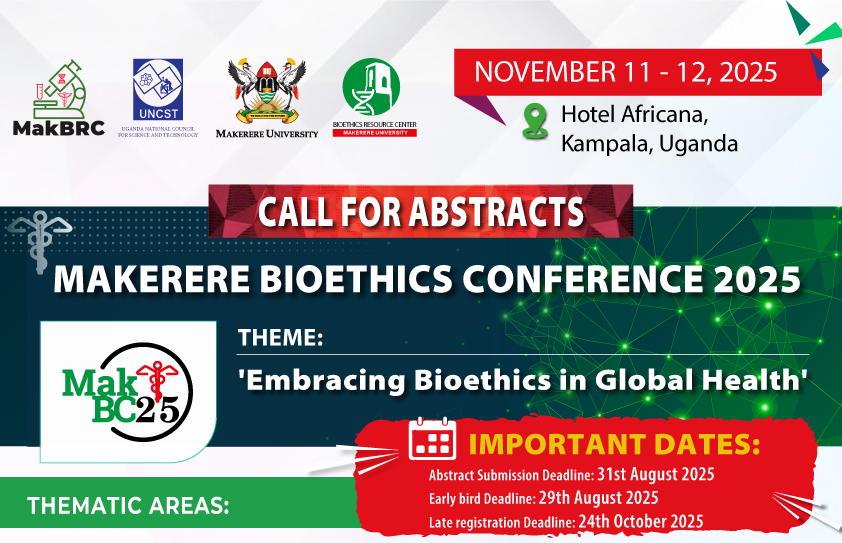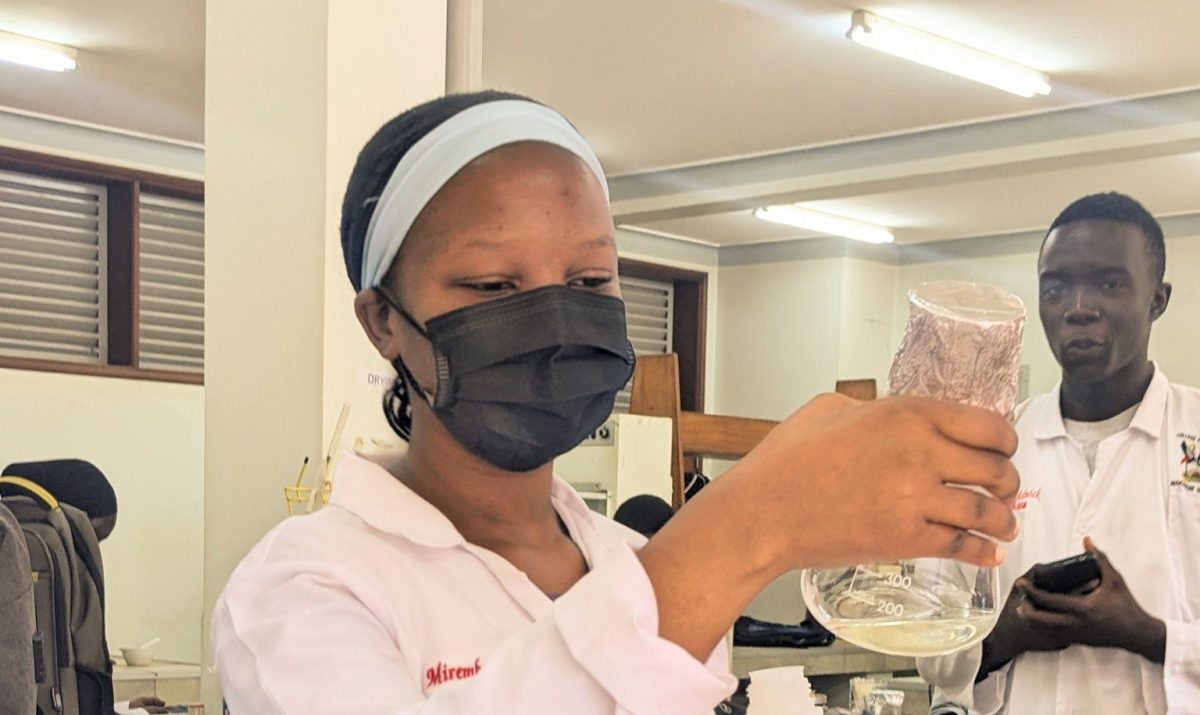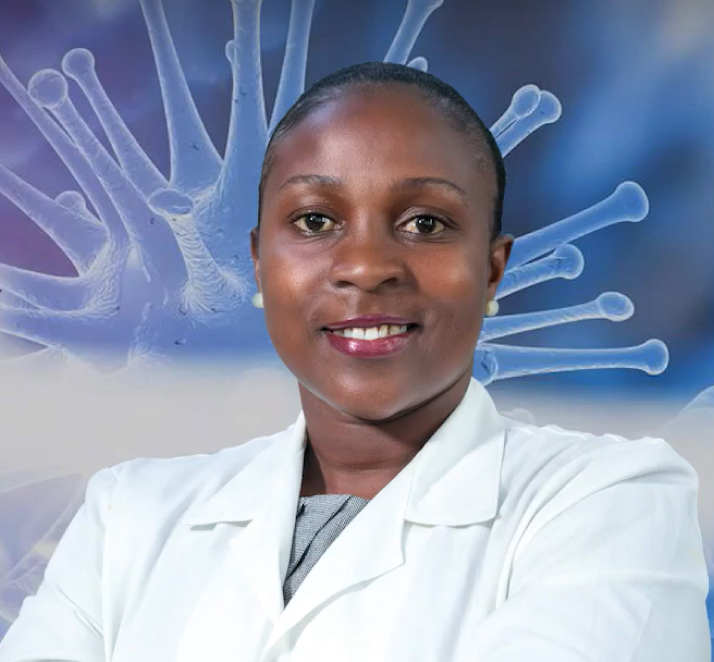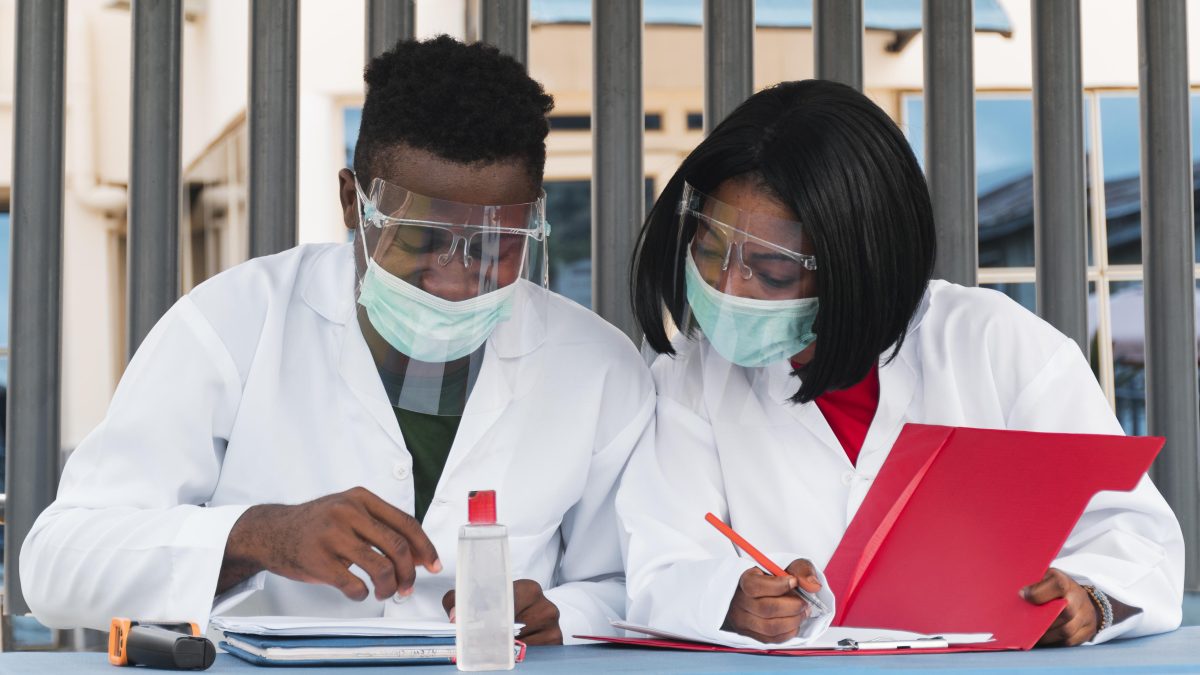Event Dates: 11–13 February 2026
Venue: Wellcome Genome Campus, UK
About the Event
AIR 2026 will gather global experts to share groundbreaking research on respiratory infections, the microbiome, and immune system responses. The meeting blends genomics, systems biology, and innovative laboratory models to reveal how respiratory diseases develop and how they can be better prevented or treated.
Key Themes
-
Microbiome–Immunity Connection: Understanding how microbial communities influence respiratory health and disease.
-
Advanced Multi-Omics: Leveraging metagenomics, culturomics, and functional profiling for deeper insights.
-
Infection Models: From in vitro setups to human challenge studies and cell atlas projects.
-
Complex Infections: New perspectives on co-infections, fungal diseases, and chronic respiratory conditions.
-
Healthy Ageing: Age-related immune changes and their impact on respiratory microbiomes.
Who Will Benefit from Attending?
Researchers, clinicians, and professionals in immunology, microbiology, and infectious disease will gain valuable knowledge. Whether you work in academic, healthcare, or industry settings, AIR 2026 offers opportunities for collaboration, idea exchange, and exposure to cutting-edge tools.
Registration Information
-
In-person deadline: 12 January 2026
-
Virtual deadline: 2 February 2026
-
Fees: £410 (students) to £620 (commercial delegates)
-
Onsite accommodation: £228 (includes breakfast)
Why You Should Join
-
Learn about the latest scientific advances in respiratory infection and microbiome research.
-
Meet and collaborate with leading experts in the field.
-
Access all presentations live or virtually, plus on-demand content for four weeks.
For details and registration, visit the official event page:
Wellcome Connecting Science – AIR 2026
